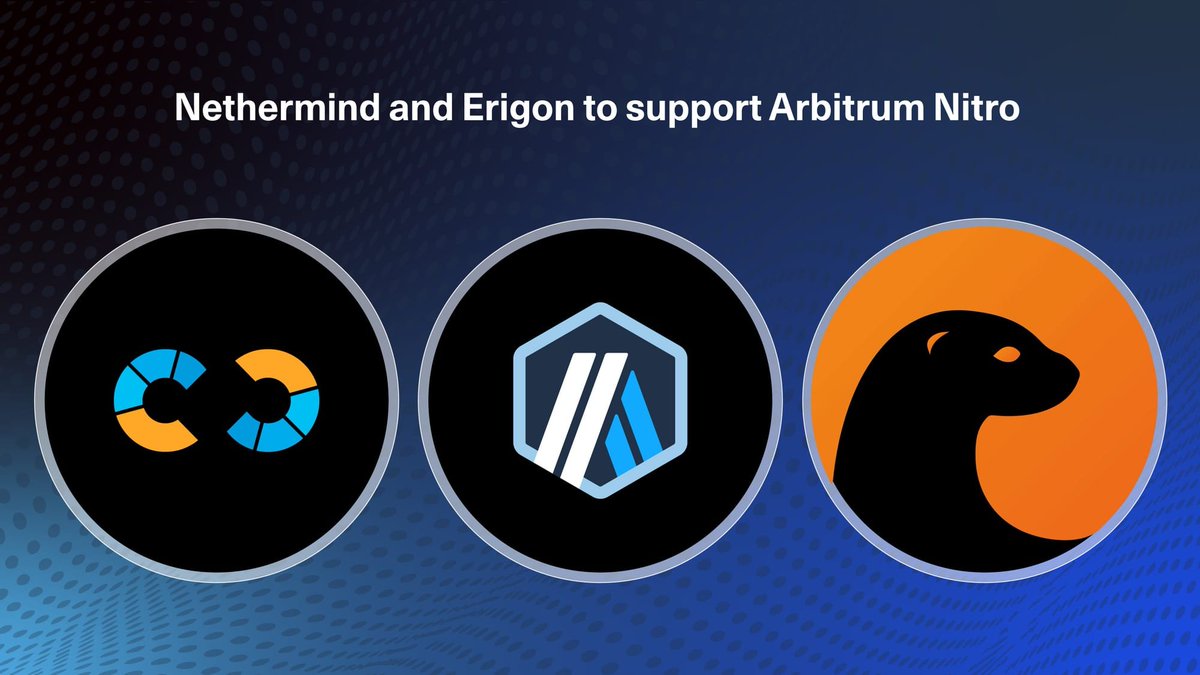🫡 @arbitrum recently announced a significant piece of news: in addition to the existing Nitro client, two new execution clients, Erigon and Nethermind, have officially joined the Arbitrum ecosystem. This may seem a bit technical, but it's actually a crucial step in ensuring the future stability, speed, and flexibility of the entire chain.
Simply put, execution clients are like browsers; different clients offer different performance and experiences. Previously, Arbitrum relied on Nitro, which is based on Geth, and while it was indeed quite stable, as the ecosystem expanded, relying on a single client was no longer sufficient; any issues would become a single point of failure. The addition of Erigon and Nethermind adds more "engines" to the infrastructure, significantly improving security, flexibility, and scalability.
Why is this news so noteworthy? Because a mature chain can't permanently rely on a single software architecture. Erigon prioritizes data processing speed, while Nethermind excels in modularity and compatibility, both of which will open up new possibilities for Arbitrum. For example, in the future, there may be lighter nodes, more comprehensive development tools, faster synchronization speeds, and even on-chain optimizations more suitable for specific applications.
I think this shows that Arbitrum has moved from the "running smoothly" stage to the "expansion and strengthening" stage. In the future, it will not only achieve higher performance, but also attract more developers to participate in infrastructure construction at different levels. In their words, "Arbitrum Everywhere"—not just running fast, but also running for a long time and on a wide scale. Looking back now, this is actually paving the way for the next breakthrough point in the ecosystem.

